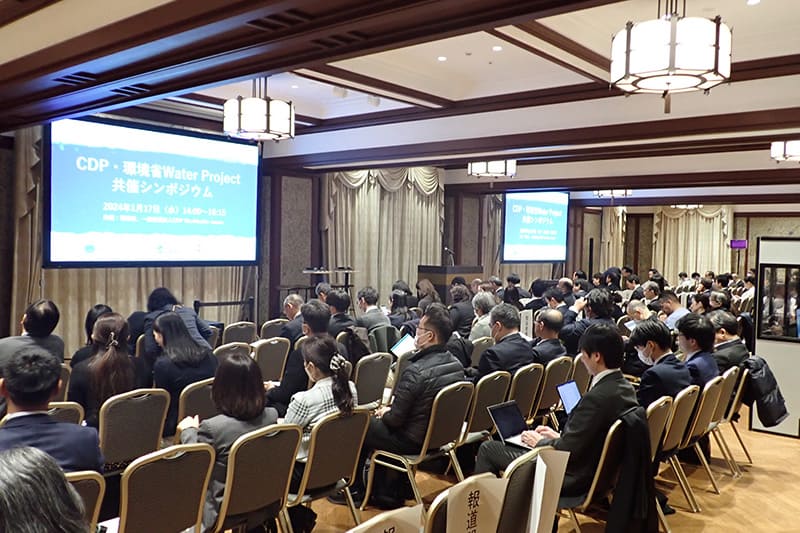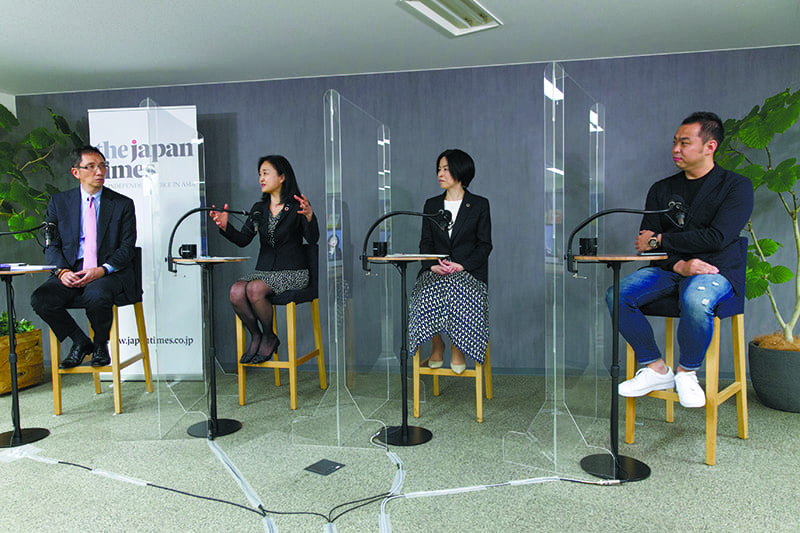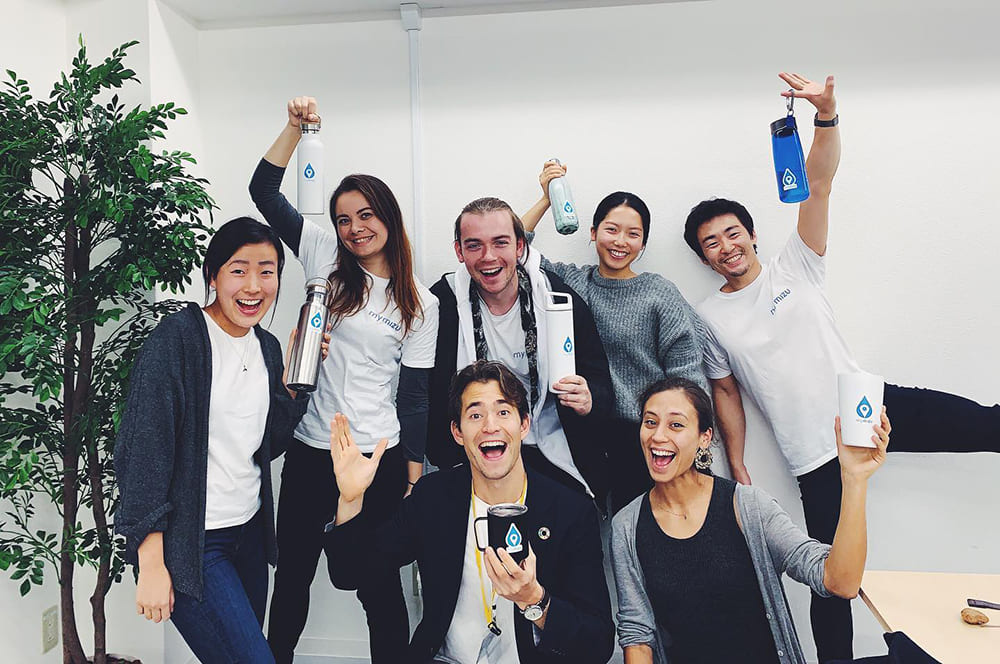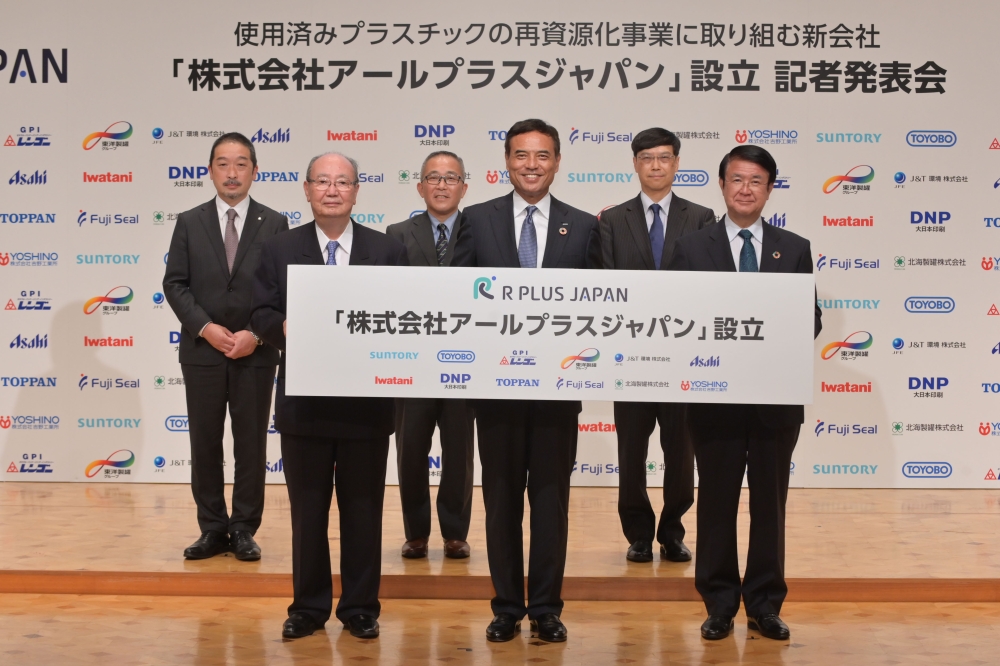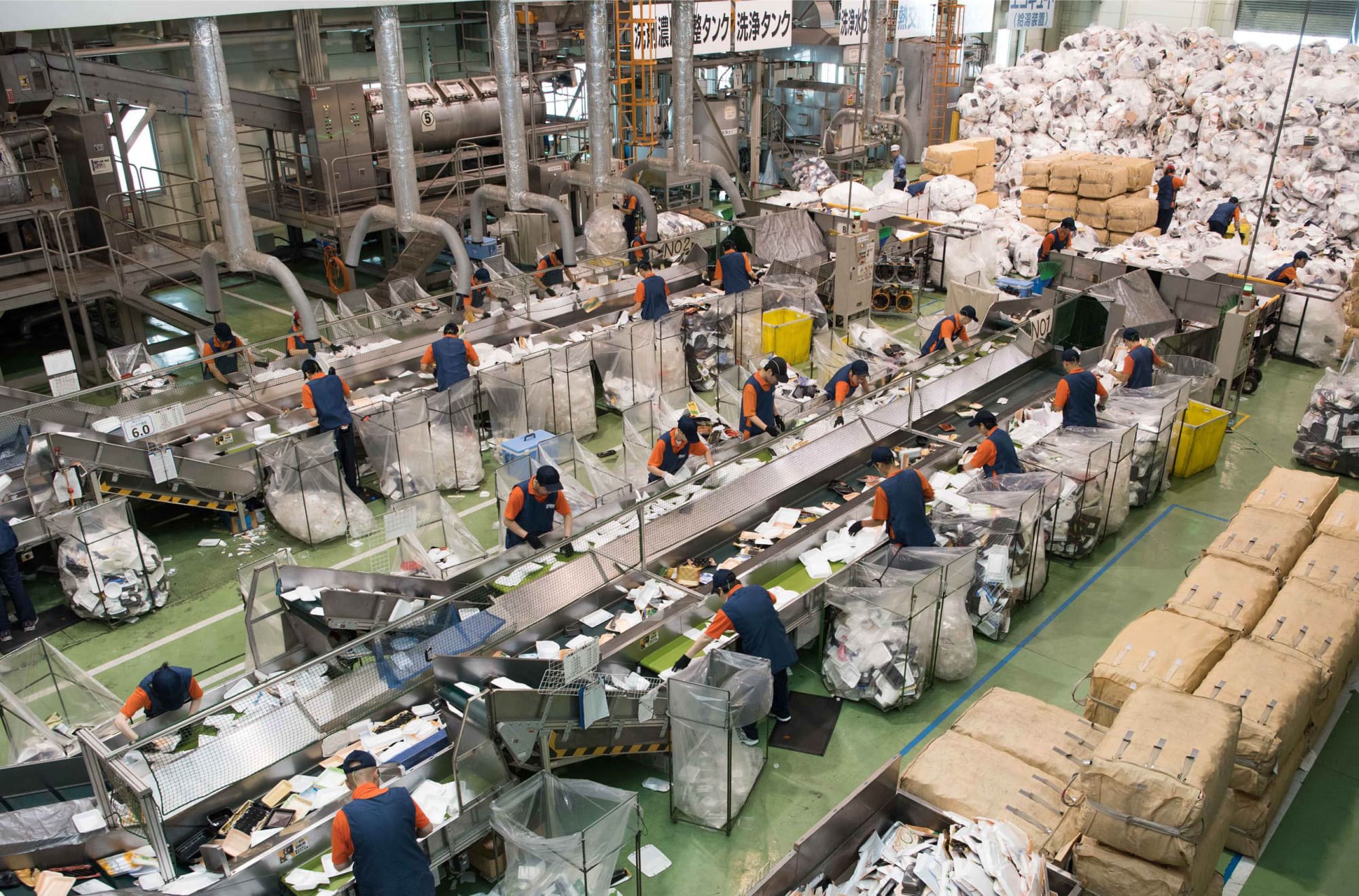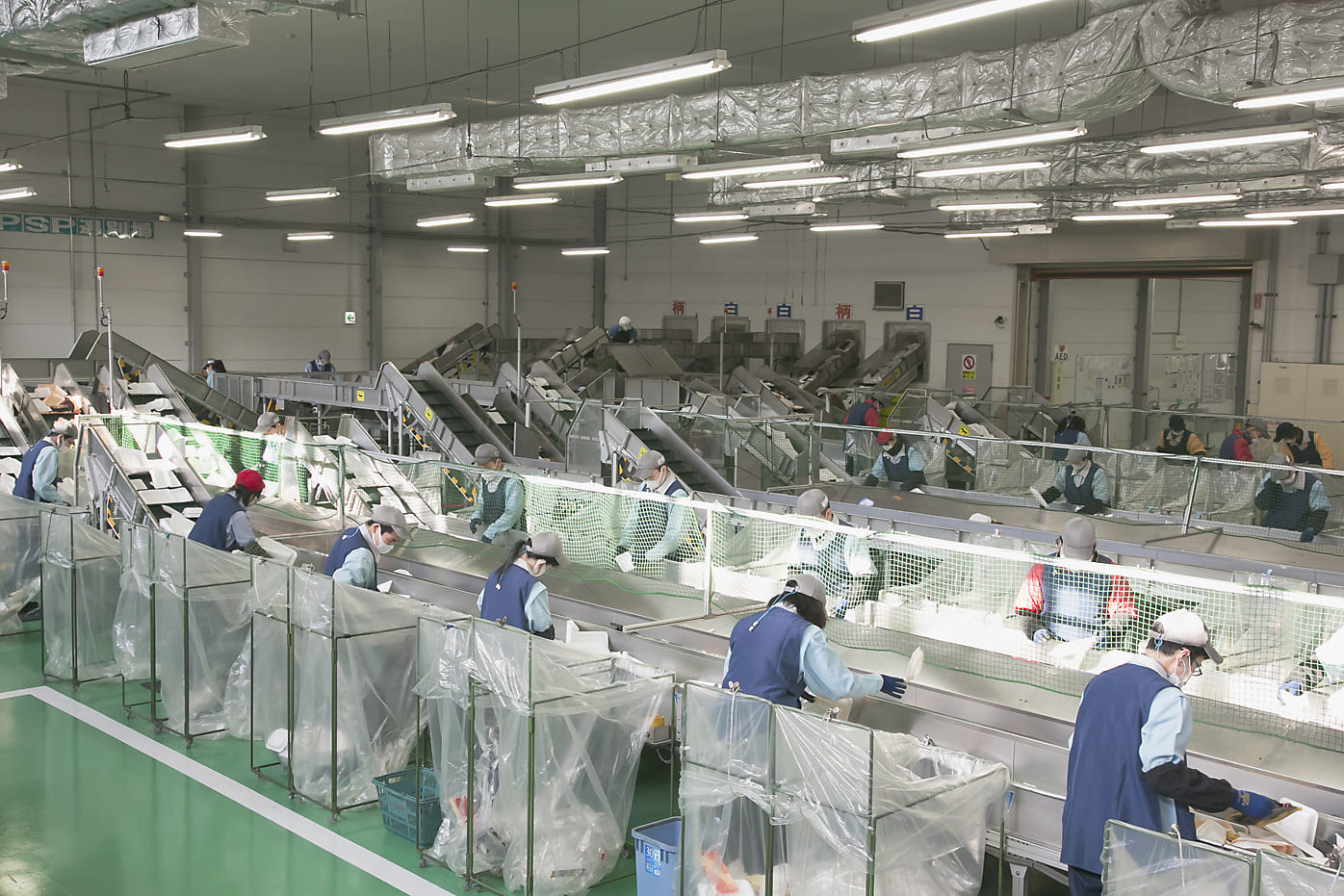June 17, 2020
Suntory: Growing horizons in recycling
SPONSORED CONTENT
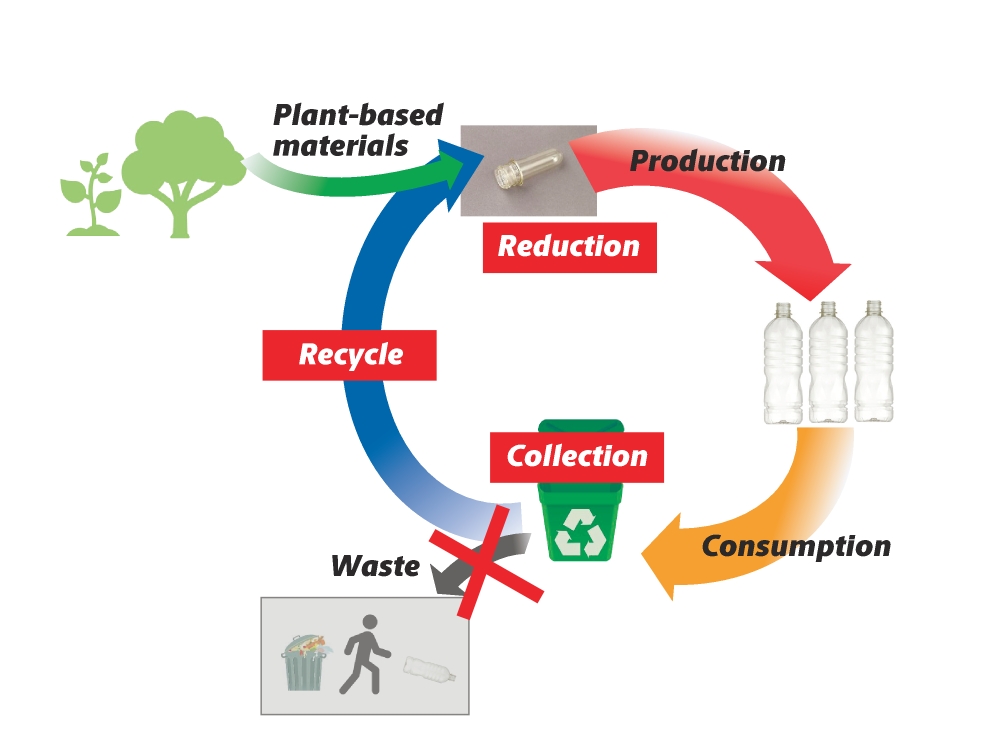
In Japan, most polyethylene terephthalate (PET) bottles are collected and recycled after use. According to The Council for PET Bottle Recycling, Japan’s collection rate was 92.2 percent and the country recycled 84.8 percent in fiscal 2017.
Suntory Holdings Ltd., a global beverage producer based in Japan, has announced a higher and more specific target; that is, to replace all of the PET bottles they use for their beverages with ones made of 100 percent recycled and bio-derived PET by 2030.
According to Suntory, about 99 percent of the plastic that the company uses on a global scale is for beverages. Approximately 80 percent of the plastic is made of PET.
Suntory continues to engage in international environmental conservation and education to preserve nature and resources for future generations. Tackling the challenge of PET recycling was a natural choice for the company at a time where plastic waste is a major issue.
Plastic did not start out being perceived as inherently evil. Although the material has contributed to the modernization of food hygiene, portability and packaging, its environmental drawbacks are much clearer today.
Suntory believes clever application of plastic is better than eliminating it altogether. But, in that case, how can society be smarter about plastic usage and recycling?
The company said, “It is not just recycling, but recycling with less carbon emissions.” The recycling rate is already high in Japan, but the fact that most people may be unaware of is that most of the collected used PET bottles are recycled and become products that are not PET bottles.
According to The Council for PET Bottle Recycling, the amount of PET resin used for manufacturing PET bottles was about 700,000 tons in 2017. However, only 61,300 tons, about 10 percent, are used for making recycled PET bottles, the council said.
The process of used PET bottles to make recycled PET bottles has been technically difficult. However, petroleum, the main ingredient of the conventional PET, will continue to be exploited if new technologies for bottle-to-bottle recycling are not developed. This is what Suntory is dedicated to doing.
Suntory’s 2R+B strategy is built around reducing plastics and recycling them while utilizing bio-based, rather than petroleum, materials. This means making bottles thinner and caps shallower to cut down on the amount of PET used, developing petroleum-free PET and processing used bottles with mechanical recycling techniques when making new ones.
The company has further developed the mechanical recycling system to include what it calls FtoP Direct Recycle Technology. This is a newly developed method of turning pieces of used PET-bottle flakes directly into preforms, which are intermediate products that look similar to test tubes, that will later be blow molded into PET bottles.
The conventional way of making preform from flakes involved a process of heating and melting the flakes, crystalizing them and then melting the crystalized pellets again before injecting them into the molds of the preform.
The reason behind the seemingly meaningless process of heating the material twice was because there were two separate machines — one that heats and melts flakes into crystallized pellets and the other that melts the pellets again to make preforms.
This new technology is said to reduce carbon dioxide emissions by 25 percent compared to mechanical recycling. This contributes to a more than 60 percent reduction in carbon dioxide emissions compared to petroleum-derived PET.
Four companies, Suntory, Kyoei Industry Co. from Japan, Sipa SpA of Italy and EREMA Group GmbH of Austria, collaborated in creating a machine that combines the two processes enabling a shortcut from flake to preform.
With this new technology, recycling PET bottles has become more efficient and environmentally friendlier.

